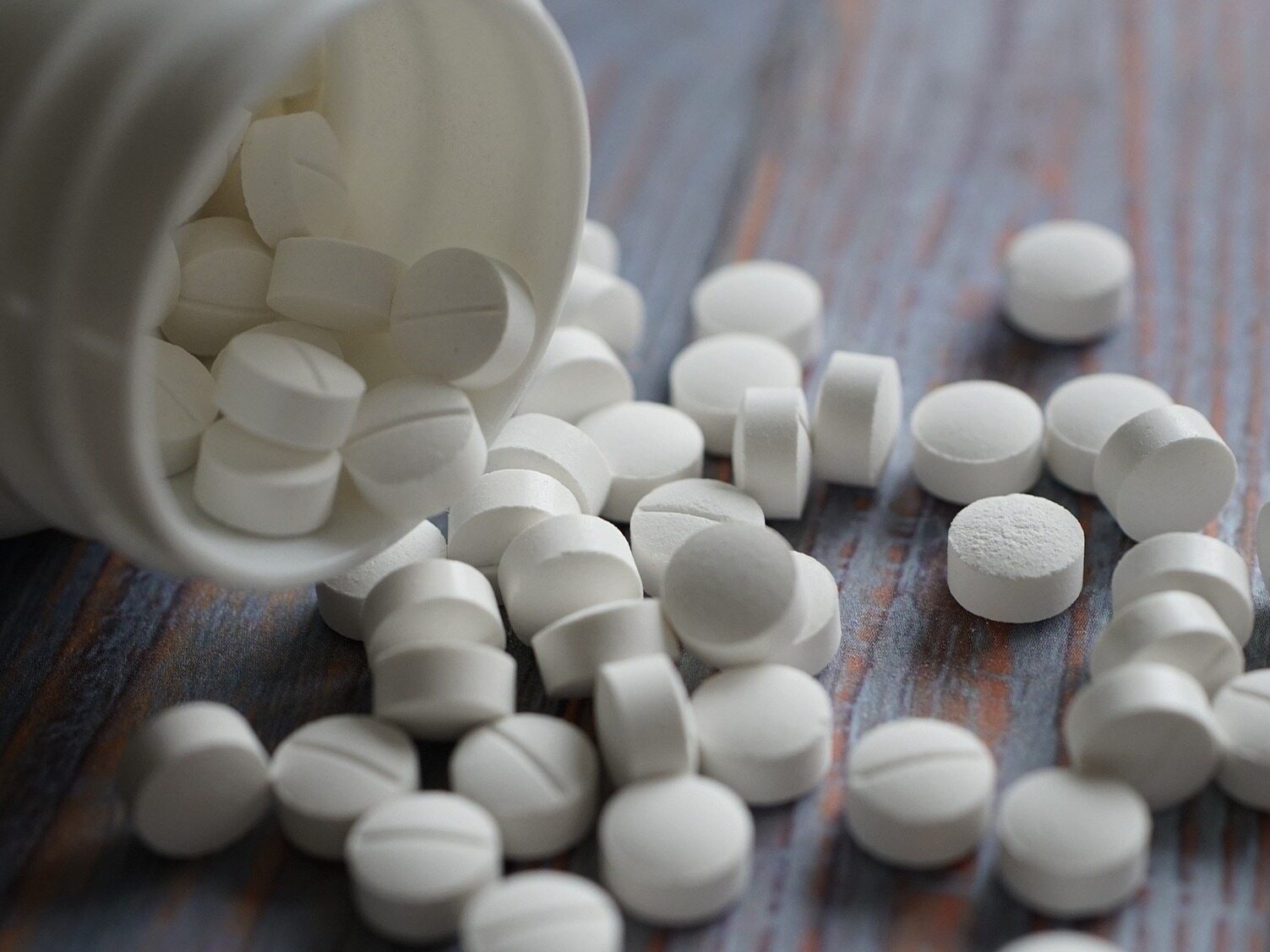The first pill for postpartum depression. You have to take it for two weeks

The US has approved the first pill for postpartum depression. The U.S. Food and Drug Administration (FDA) said the pill is to be taken once a day for two weeks.
According to estimates provided by the FDA, up to 1 in 7 women who give birth suffer from postpartum depression. The new drug is expected to be available to patients later this year.
Medications for postpartum depression
The new drug is zuranolone. However, it must be added that zuranolone is not the first treatment for postpartum depression that is available in the US. Even before the pandemic, the FDA approved the first intravenous drug for this disease. However, for various reasons (e.g. high price and the need to administer it in a medical facility), it is unavailable for many patients.
“Postpartum depression is a serious and potentially life-threatening condition in which women feel sadness, guilt, worthlessness – and even, in severe cases, thoughts of harming themselves or their baby. And because postnatal depression can disrupt the mother-child bond, it can also have repercussions on the baby’s physical and emotional development. Access to oral medications will be a beneficial option for many of these women who are dealing with extreme and sometimes life-threatening feelings,” said Dr. Tiffany R. Farchione, of the FDA’s Center for Drug Evaluation and Research.
Pill for postpartum depression – side effects
Specialists emphasize that the pill is a powerful drug and should be used when other means and methods do not work or cannot be used. The FDA added a warning to the drug’s label that it may affect the ability to drive and engage in other potentially hazardous activities. To reduce the risk of harm, the agency says patients should not drive or operate heavy machinery for at least 12 hours after taking the drug. The most common side effects reported by the FDA are drowsiness, dizziness, diarrhea, fatigue, and urinary tract infection.






